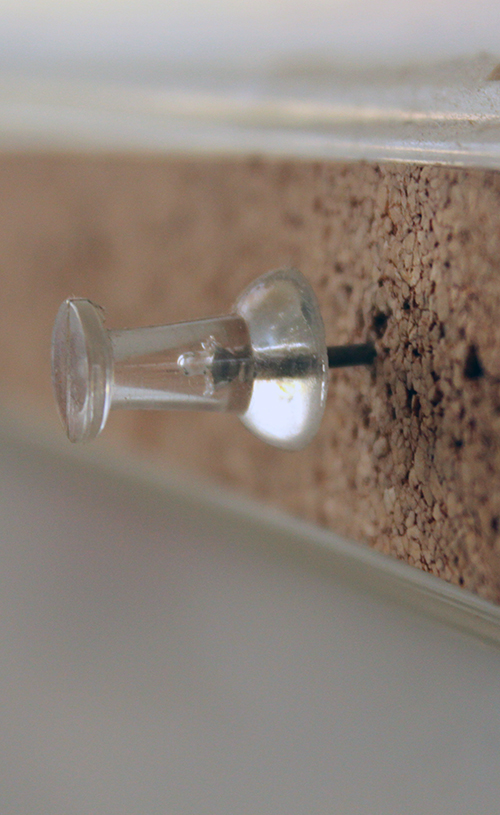 I am used to instant gratification. When I get hungry, there is almost always food around. When I am curious about something, I search the internet and can find an answer immediately. And when there is a task that I want to complete, I can usually succeed in getting it done quickly.
I am used to instant gratification. When I get hungry, there is almost always food around. When I am curious about something, I search the internet and can find an answer immediately. And when there is a task that I want to complete, I can usually succeed in getting it done quickly.
I admit it: I like the quick win. I love the feeling of accomplishment when I can check something off my list and say, There, I’ve done it. My life feels so secure and purposeful when I can set my mind to a task and get immediate positive results.
Have you ever wondered why video games can be so addictive? Instant gratification again. As time has gone on, game makers have become increasingly skilled at creating environments where players are regularly given little doses of positive reinforcement. Whether it’s winning some points, accomplishing an objective, leveling up or getting some sort of shiny object, games succeed by letting us feel like we are succeeding at regular intervals.
These games can be so addictive precisely because they do not have the constraints of real life. For example, you can’t realistically expect to get a pay raise at work every month, much less every hour. Real life doesn’t give you moment-by-moment affirmation, but games can. No wonder so many of us choose to escape into the land of electronic amusement: It feels so good to be accomplishing things, even if our achievements are limited to racking up gold coins and farming imaginary crops.

For many of us, this is a particularly difficult time in history to feel accomplished at anything. Many of us struggle with joblessness or underemployment, while others are working jobs we don’t really feel passionate about simply to pay the bills. With a sluggish economy, rising income inequality and a dysfunctional, deadlocked government, it often feels like our whole society is stuck. In times like these, it’s hard to feel productive.
Despite the temptation to retreat ever deeper into glowing facsimiles of meaning and purpose, there is an alternative that offers genuine hope. It’s a challenging path, to be sure. It’s not easy to unplug from our distractions and stare life-as-it-is in the face. It’s hard to release our addiction to recognition and completed checklists. Re-sensitizing ourselves to the mundane, often uninspiring reality of daily life can seem like almost too much to bear.
But the desert of the real is not without its gifts. As those who seek to follow in the footsteps of Jesus, we have been promised an entirely new way of living, a whole new creation that is coming into being! Though often we still can’t see this new reality, we sense it in our bones. We have hope in a new way of life where it doesn’t hurt so bad to simply rest in the moment, embracing the simple fact of being alive. We are called to live in hope that the apparent drudgery of modern life is not all there is. In this hope, we find liberation.

Living into this hope is going to require a lot of endurance on our parts. As Paul writes in his letter to the Romans, If we hope for what we do not see, we wait for it with patience. Here, Paul is talking about the patience of the unemployed twenty-something who keeps applying for jobs, even after being rejected for so long that he is forced to move back in with his parents. It is the kind of patience we observe in those pursuing climate justice, who continue to work for sustainability despite increasing evidence that it may be too late. Paul is writing about the kind of patience that we must embrace if we are to undertake simple acts of care and appreciation for others – that is, love – even when we go unnoticed. Even when we don’t seem to accomplish anything.
The way of patience doesn’t seem like any match for the much more popular path of personal accomplishment and therapeutic distraction. In contrast to the regular boosts of endorphins promised by video games, the 24-hour news cycle, and a myriad of other distractions, the humble way of patience involves a fair amount of suffering. Abandoning distraction and seeing life as it really is can be painful.
Yet, there is a hidden blessing that comes amidst the pain. It is a gift that the mainstream culture’s way of thinking can’t comprehend. Paul explains it this way: I consider that the sufferings of this present time are not worth comparing with the glory that is to be revealed in us. For the creation waits with eager longing for the revealing of the children of God.
Rather than abandoning the mundane details of daily life for a fleeting sense of personal accomplishment, let’s seek the patient endurance to embrace each moment in God’s presence. As we show love to those around us, may God clear away any distraction or stumbling block that would hinder the glory that is to be revealed in us.